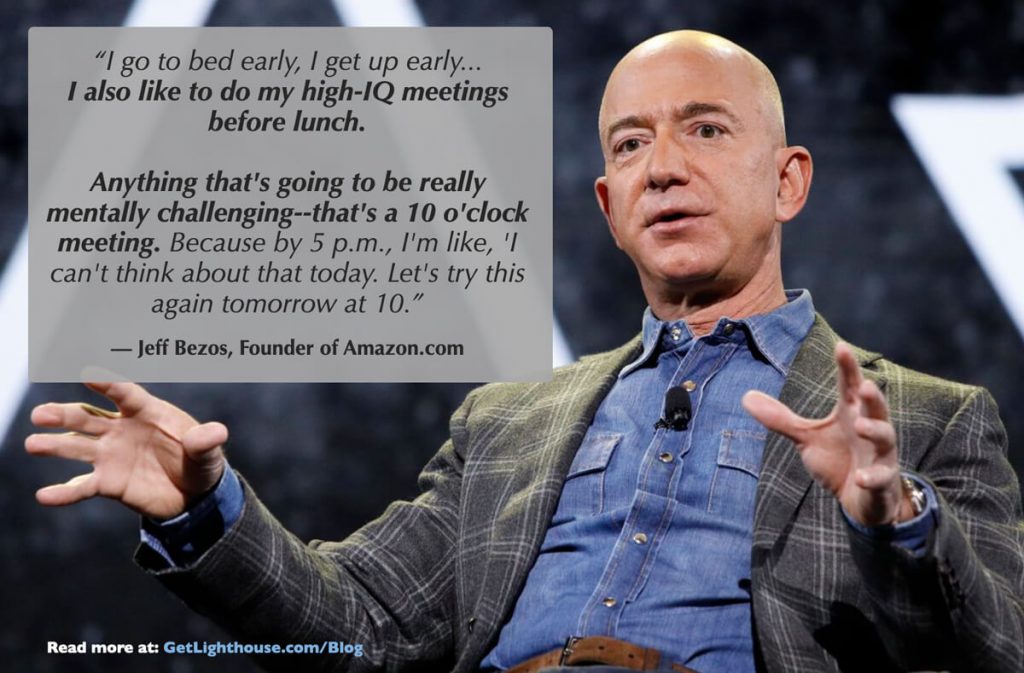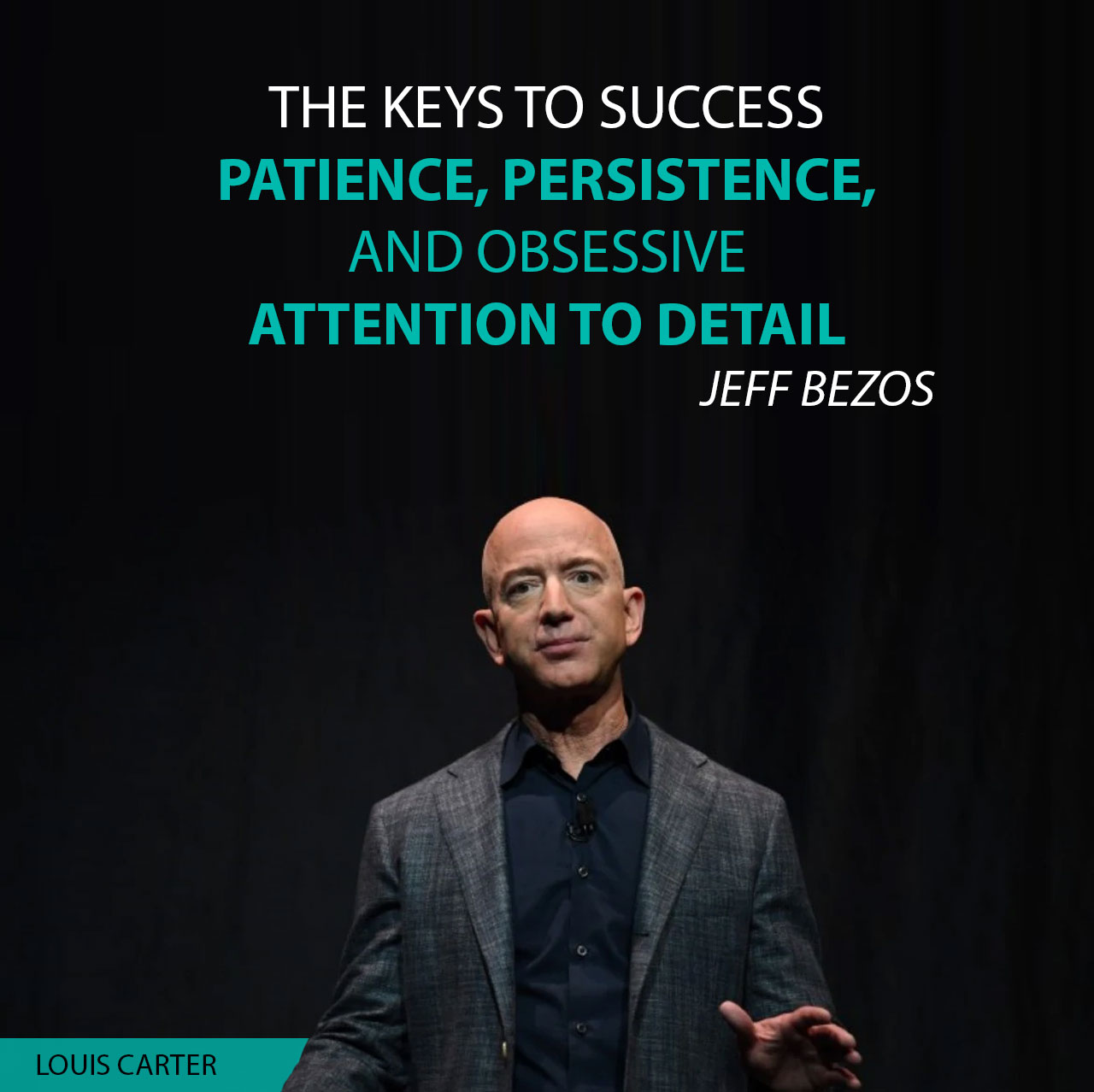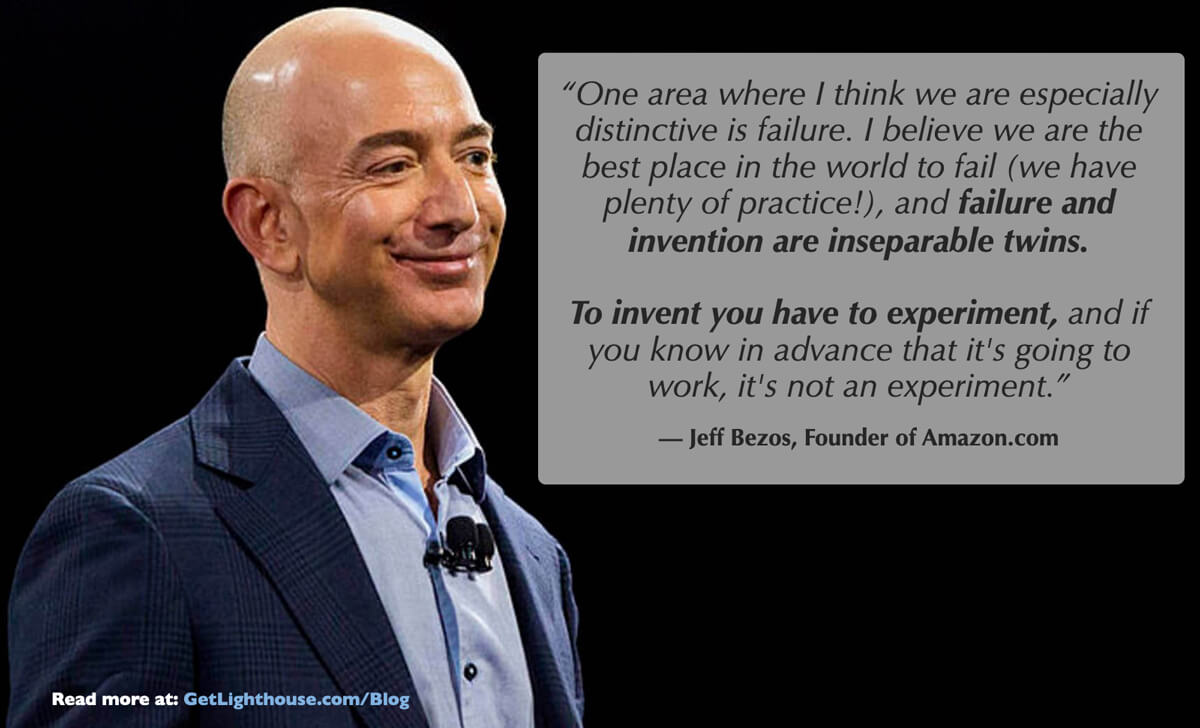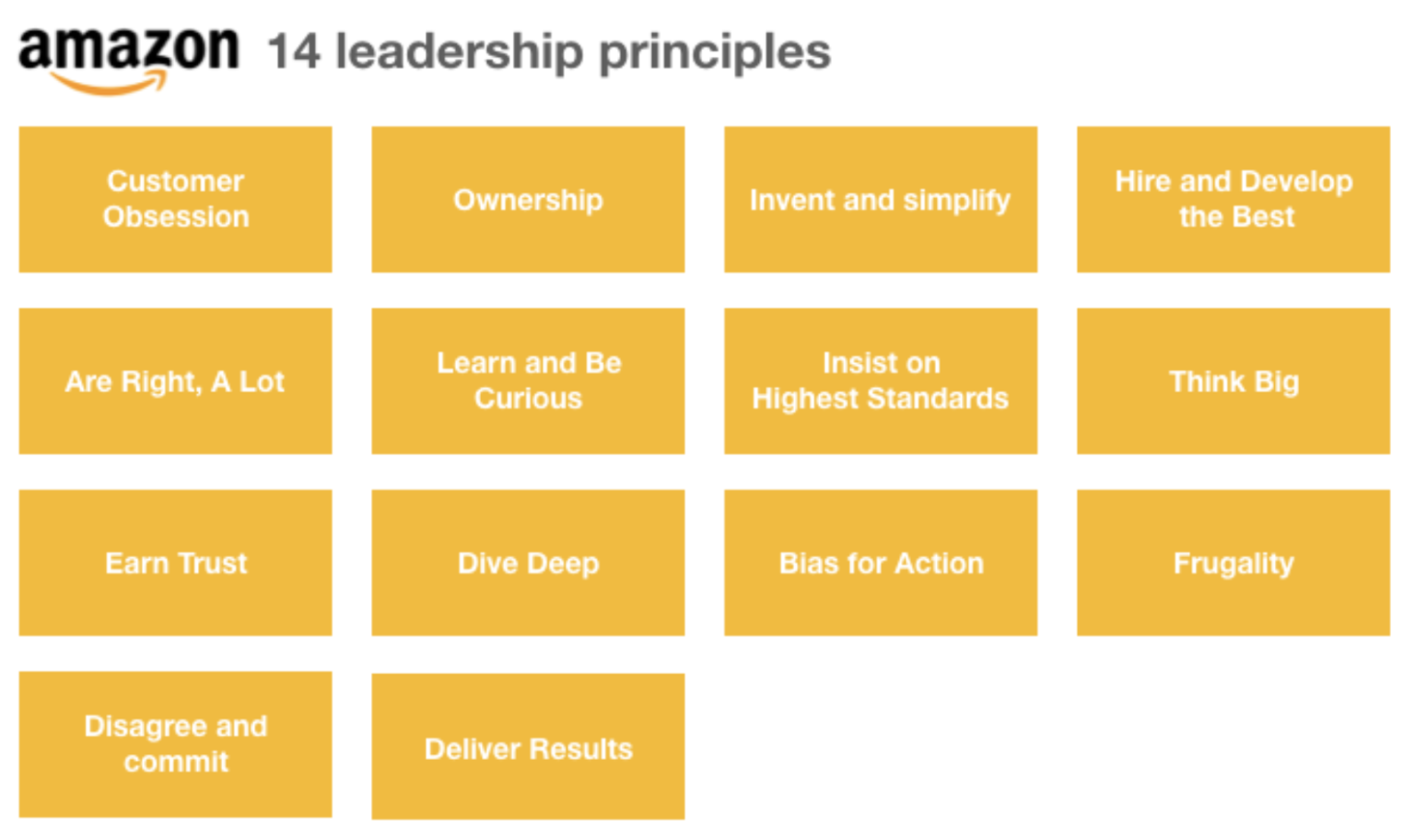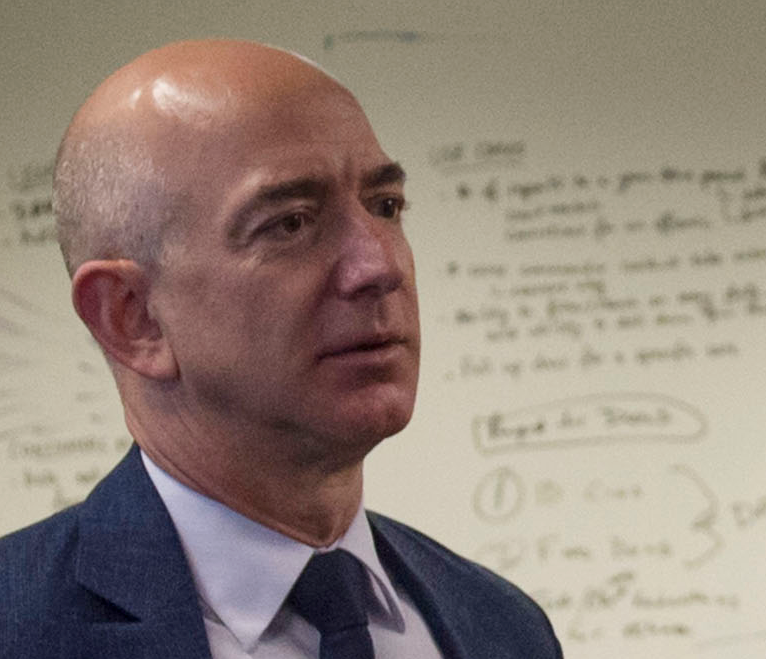Amazon Leadership Principles Jeff Bezos

Amazon's 14 Leadership Principles, often attributed to the vision of founder Jeff Bezos, continue to shape the company's culture and decision-making processes, even after his transition from CEO.
These principles, more than just corporate jargon, are deeply embedded in Amazon's daily operations, from hiring and performance evaluations to product development and strategic planning. The principles serve as a guide for employees at all levels, influencing how they approach challenges and interact with each other and customers.
The Guiding Philosophy
The Leadership Principles were formalized relatively early in Amazon's history and have remained remarkably consistent. They reflect Bezos's emphasis on customer obsession, long-term thinking, and a bias for action.
The core idea is to create a decentralized decision-making process where employees are empowered to take ownership and drive innovation, guided by a common set of values.
Key Principles Explained
Customer Obsession: Leaders start with the customer and work backwards. They work vigorously to earn and keep customer trust.
This principle underscores Amazon's commitment to prioritizing customer needs above all else. It means actively listening to customer feedback and constantly seeking ways to improve the customer experience.
Ownership: Leaders are owners. They think long term and don’t sacrifice long-term value for short-term results.
Emphasizing accountability, this principle encourages employees to take personal responsibility for their work and the overall success of the company.
Invent and Simplify: Leaders expect and require innovation and invention from their teams and always find ways to simplify. They are externally aware, look for new ideas from everywhere, and are not limited by “not invented here.”
This principle champions creativity and problem-solving. It pushes teams to challenge conventional thinking and seek out new and efficient solutions.
Are Right, A Lot: Leaders are right a lot. They have strong judgment and good instincts. They seek diverse perspectives and work to disconfirm their beliefs.
While admitting the possibility of error, this principle highlights the importance of sound decision-making based on data, experience, and diverse viewpoints.
Learn and Be Curious: Leaders are never done learning and always seek to improve themselves. They are curious about new possibilities and act to explore them.
This encourages a growth mindset and a commitment to continuous learning and development among employees.
Hire and Develop the Best: Leaders raise the performance bar with every hire and promotion. They recognize exceptional talent, and willingly move them throughout the organization.
It emphasizes the importance of building a high-performing team and fostering a culture of talent development. Bezos often talked about hiring people who were "better than you" at something.
Insist on the Highest Standards: Leaders have relentlessly high standards – many people may think these standards are unreasonably high. Leaders are continually raising the bar and drive their teams to deliver high quality products, services, and processes.
This principle promotes excellence and attention to detail in every aspect of the business.
Think Big: Thinking small is a self-fulfilling prophecy. Leaders create and communicate a bold direction that inspires results.
It encourages a long-term perspective and a willingness to take calculated risks in pursuit of ambitious goals.
Bias for Action: Speed matters in business. Many decisions and actions are reversible and do not need extensive study.
This principle emphasizes the importance of taking action and making decisions quickly, even in the face of uncertainty.
Frugality: Accomplish more with less. Constraints breed resourcefulness, self-sufficiency and invention.
It promotes efficiency and resourcefulness, encouraging employees to find creative solutions to challenges with limited resources.
Earn Trust: Leaders listen attentively, speak candidly, and treat others respectfully. They are vocally self-critical, even when doing so is awkward or embarrassing.
This principle is about building strong relationships with team members, customers, and stakeholders based on mutual respect and honesty.
Dive Deep: Leaders operate at all levels, stay connected to the details, audit frequently, and are skeptical when metrics and anecdote differ. No task is beneath them.
This emphasizes the importance of understanding the details of the business and being willing to get involved in the day-to-day operations.
Have Backbone; Disagree and Commit: Leaders are obligated to respectfully challenge decisions when they disagree, even when doing so is uncomfortable or exhausting. Once a decision is determined, they commit wholly.
This encourages open communication and constructive debate, while also emphasizing the importance of unity and commitment once a decision has been made.
Deliver Results: Leaders focus on the key inputs for their business and deliver them with the right quality and in a timely fashion. Despite setbacks, they rise to the occasion and never compromise.
This principle emphasizes the importance of achieving results and delivering on commitments. It's a reminder that at the end of the day, the company needs to achieve its goals.
Impact and Legacy
The Leadership Principles have played a significant role in Amazon's growth and success. They've helped to create a culture of innovation, customer focus, and accountability.
While sometimes criticized for promoting a demanding work environment, the principles have undeniably driven Amazon to become one of the world's most valuable companies.
Even with Bezos no longer at the helm, these principles continue to shape Amazon's trajectory, serving as a lasting testament to his leadership and vision. They remain a critical part of the company's identity and a key driver of its future success.


